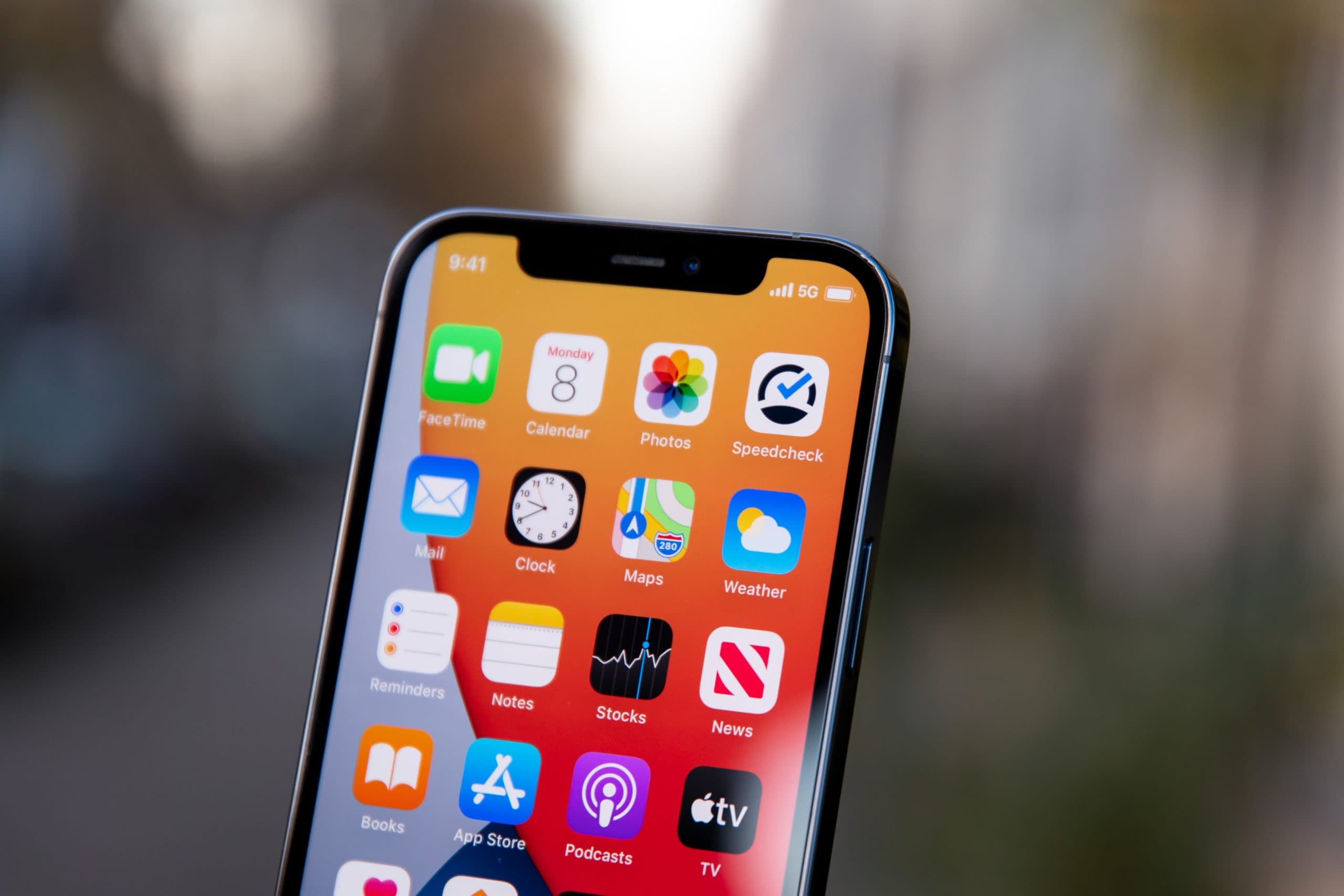On June 29, 2021, Florida Governor, Ron DeSantis, signed CS/SB 1120 into law (the “Law”). Telemarketing businesses will notice many similarities between the Law and the Federal Telephone Consumer Protection Act (“TCPA”). Most notably is the creation of a private right of action. The Law goes into effect on July 1, 2021. The Law significantly updates both the Florida Telemarketing Act and the Florida Do Not Call Act to create what is the equivalent of a Florida TCPA. Telemarketers should be mindful of the updates contained in the Law and take appropriate measures to comply with its provisions if it passes into law.
What are the notable provisions contained in the Law?
Changes Come to Florida Telemarketing Law
Businesses will have to familiarize themselves with material changes to both the Florida Telemarketing Act and the Florida Do Not Call Act. Some notable provisions include:
- Businesses are now required to obtain prior express written consent from individuals before placing sales calls through use of automated systems. It is important to note that the Law does not define “autodialer,” referring instead to “automated system[s] for the selection or dialing of telephone numbers or the playing of a recorded message,” which expands upon the definition contained in the Federal TCPA. As defined under the Law, Prior written consent requires a signed agreement that authorizes a business to place/send a call, text or voicemail through use of an automated system or pre-recorded message.
- All sales calls made to any Florida area code are presumed to constitute calls made to a Florida resident or to a person that is in Florida, regardless of whether that is the case.
- It is unlawful to: 1) make commercial telephone solicitations before 8 a.m. or after 8 p.m. (previously 9 p.m.) in the local time zone of call recipients; 2) place more than three (3) commercial telephone calls over a 24-hour period on the same subject matter or issue, regardless of the phone number used to make the calls; and/or 3) use technology to conceal the identity of a caller through use of caller identification systems (often referred to as “spoofing”).
Florida TCPA Private Right of Action
Individuals that have been called without consent may take advantage of a private right of action and sue offending telemarketers, seeking to recover the greater of actual damages or $500. If it is determined by a court of law that the violation in question was willful or knowing, the court may award affected individuals treble damages.
Businesses should now comply with this piece of Florida TCPA legislation without delay.
If you are involved in the telemarketing industry and need assistance with your business practices and procedures, please e-mail us at info@kleinmoynihan.com, or call us at (212) 246-0900.
The material contained herein is provided for information purposes only and is not legal advice, nor is it a substitute for obtaining legal advice from an attorney. Each situation is unique, and you should not act or rely on any information contained herein without seeking the advice of an experienced attorney.
Attorney Advertising
This post was originally published on June 4, 2021 and updated on June 30, 2021.
Photo by Frederik Lipfert on Unsplash
Similar Blog Posts
Split Decision: 5th and 11th Circuits Diverge on TCPA Standing
Does Your Business Need A TCPA Opinion Letter?
The Critical Role That The TCPA Plays in Outbound Telemarketing




